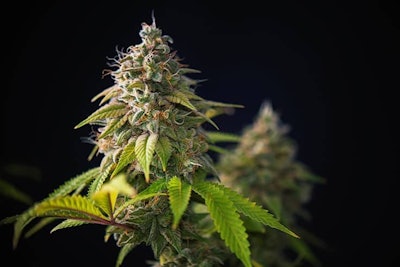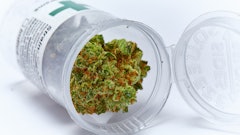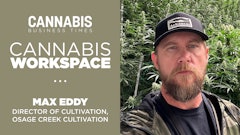
Arkansas’ five existing medical cannabis cultivators have filed a lawsuit to challenge the state’s decision to issue three additional cultivation licenses, according to an Arkansas Times report.
The Arkansas Medical Marijuana Commission voted last month to release the remaining cultivation licenses permitted by law, as well as four additional dispensary licenses.
The lawsuit, filed by Osage Creek Cultivation, Delta Medical Cannabis, Bold Team, Natural State Medicinals Cultivation and Natural State Wellness Enterprises, alleges that the new cultivation licenses violate rules that additional licenses should only be issued if it is determined that the existing cultivators are unable to adequately supply the state’s dispensaries, Arkansas Times reported.
The suit also claims that because regulators waited more than 24 months to issue the new licenses, a new application process is required by law, rather than choosing licensees from the pool of original applicants, according to the news outlet.
Defendants named in the lawsuit include the Arkansas Finance and Administration Department, the Alcoholic Beverage Control Division, the Medical Marijuana Commission and the three new cultivation licensees: Carpenter Farms Medical Group, River Valley Relief Cultivation and New Day Cultivation, Arkansas Times reported.
The lawsuit requests an injunction against the issuance of the new licenses, or that they be voided if they have already been awarded, according to the news outlet.
























